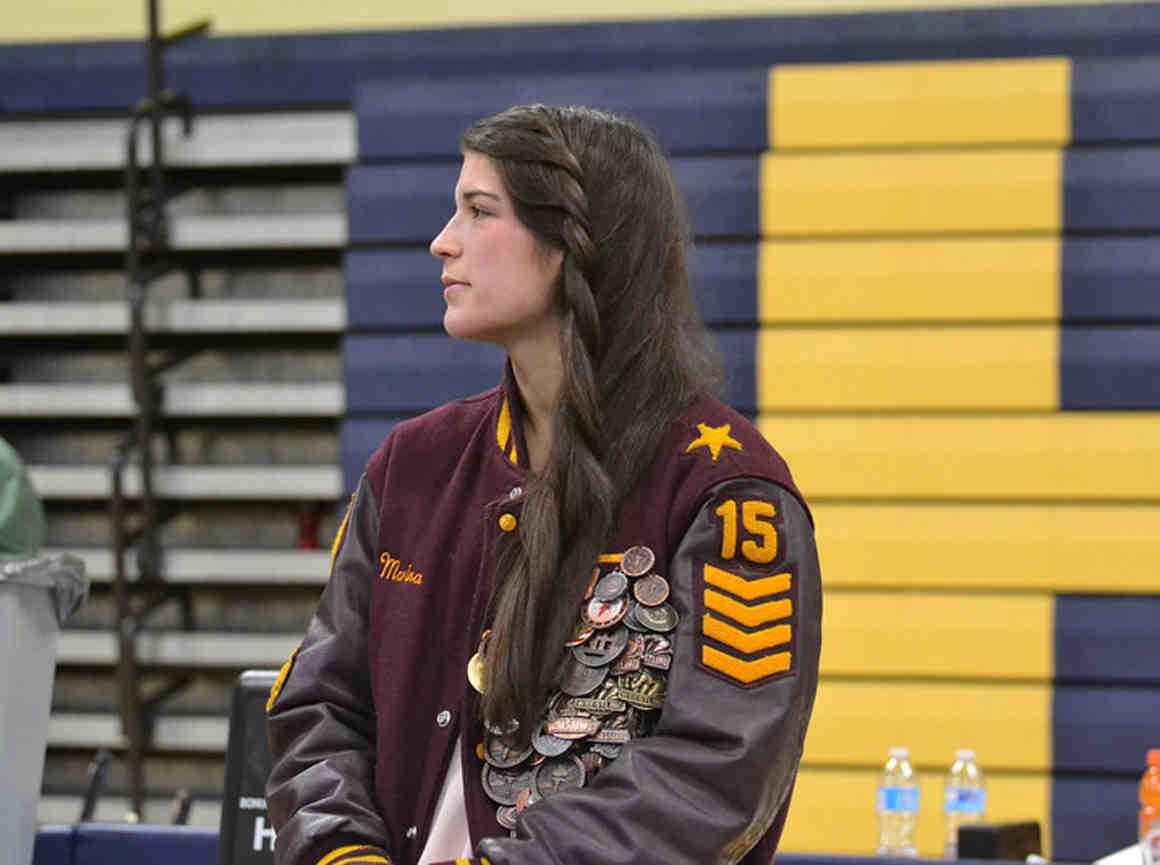Except in extraordinary circumstances, persons accused of a crime have a right to be released while awaiting trial.
Jeffrey Stoltz was charged with financial crimes in May 2017 in Kent County. The prosecutor asked for money bail, which would require Stoltz to put up cash in order to be released, but Judge Jeffrey O’Hara found that a personal recognizance bond was appropriate because Mr. Stoltz had appeared in court for every proceeding and had no criminal history. Mr. Stoltz, maintaining his innocence, took the case to trial, which began in April 2018. However, the prosecutor then dismissed the case, and refiled it the same day, this time drawing a different judge, Judge Mark Trusock.
In July 2018, after Mr. Stoltz rejected a plea offer, Judge Trusock raised his bail to $200,000 cash, which Mr. Stoltz could not afford. Mr. Stoltz was sent to jail to await a trial scheduled for September. He lost his job, and his wife and children can scarcely make ends meet.
In August 2018, the ACLU of Michigan filed an emergency appeal on Mr. Stoltz’s behalf, arguing that Michigan law requires release on personal recognizance unless the court determines that the person will not appear or would be a danger if released, findings that Judge Trusock did not make in this case. Unfortunately, the Court of Appeals denied the emergency motion by a vote of 2-1, and the Michigan Supreme Court denied leave to appeal.
(People v. Stoltz, ACLU Attorneys Miriam Aukerman and Dan Korobkin; Cooperating Attorneys Julia Anne Kelly and Kenneth Tableman; co-counsel Daisy Benavidez.)
Read our Fall 2018 Legal Docket.
